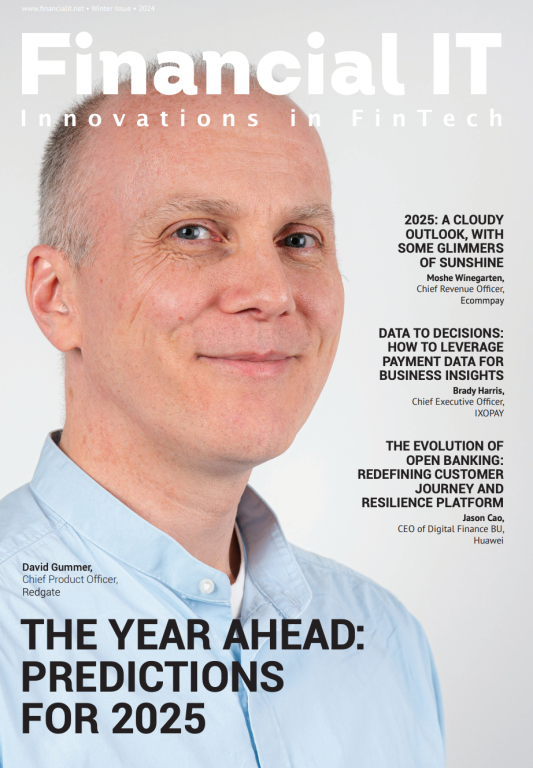Published
- 09:00 am

Nubank revealed that it turned its first-ever half-year profit in Brazil, its home market and its biggest one, per Reuters.
The neobank reported H1 2021 net income of BRL$76 million ($14.7 million), a year-over-year (YoY) surge from its H1 2020 loss of BRL$95 million ($18.4 million). (The update doesn’t include performance data for the company’s other markets, Mexico and Colombia.)
The neobank also experienced surges in key lending, payments, and usage:
- Total payment volume hit BRL$92 billion ($17.84 billion), doubling from a year earlier, per a disclosure from Nubank CFO Guilherme Lago. The CFO also noted that, since December 2020, Nubank brought in over 8 million customers.
- The loan book approximately doubled YoY to reach BRL$23 billion ($4.46 billion), data from Brazil’s central bank showed.
More on this: Nubank’s achievement follows that of other big neobanks which have recently reached similar milestones—although none has yet revealed quarterly profitability when measured as net income. Each neobank has used highly qualified terms to describe the circumstances under which it attained profitability—and the timespan for their achievements varies too widely for comparison.
- Starling, based in the UK, first turned a monthly profit in October 2020 and it’s on course to become profitable for its current fiscal year, CNBC reported
- UK-based Revolut reached break-even status for November 2020, according to NECN.
- Chime, based in the US, disclosed in September 2020 that it had a profit when measured by EBITDA, per TechCrunch.
The big takeaway: Nubank’s milestone shows that its strategy of initially focusing on user scale before shifting gears to monetization has paid off at home—and it could replicate that strategy abroad.
- The company has swelled its customer base and, as a result, became the world’s largest neobank as measured by users, with 40 million globally, according to TechCrunch.
- The giant challenger’s success was also powered by surges in both its loan book and payments volume. This suggests that it’s been able to scale its key operations in a way that’s tracked with the upsurge in its users. Its approach could be a good case example with lessons that other neobanks could incorporate into their own profitability pushes.
Nubank also has more room to run with respect to monetization and overseas operations:
- In July 2021, the neobank launched Ultravioleta, its first-ever paid account, with a monthly price of BRL$49 ($9.50). The roll out signaled another push by Nubank toward monetizing its users and boosting profits.
- The Mexican and Colombian presences are both fairly recent, which implies an upside in revenue and profit if the company can mimic its home-market success of garnering users and then moving toward monetization.
Related News
- 03:00 am
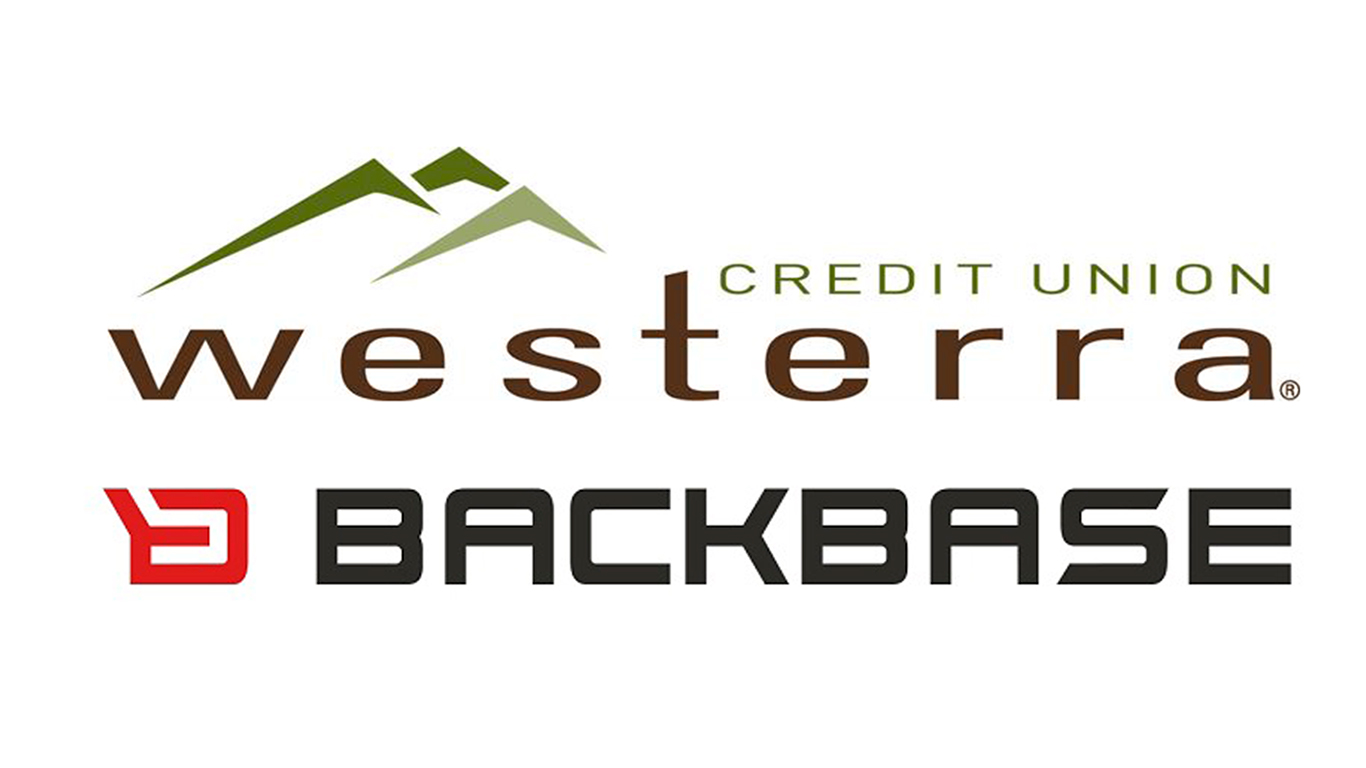
New partnership with Backbase will allow Westerra Credit Union to scale digitally with increased flexibility and speed
Westerra Credit Union, a leading Colorado financial cooperative, announces today that it has partnered with Engagement Banking technology provider, Backbase, to accelerate its digital transformation journey. The collaboration will see Westerra adopt Backbase’s Digital Sales and Digital Banking solutions to provide omnichannel solutions for retail and business banking members alike.
These solutions will enable Westerra Credit Union to modernize its banking technology infrastructure and harmonize the digital experience for members across platforms – in turn, differentiating Westerra as a brand and taking control of their speed of innovation. The credit union will roll out its new digital banking and onboarding platform for retail members first, with business banking to follow shortly thereafter.
Previously, Westerra relied on several digital solutions from various service providers for onboarding and online banking, creating a difficult-to-maintain technology stack. With Backbase Digital Sales and Digital Banking, Westerra will now be able to leverage Backbase’s out-of-the-box applications – in conjunction with Westerra’s own in-house development team – to create a consistent, cohesive and modern digital experience for members.
In addition, the partnership will enable Westerra to better manage and orchestrate the member journey end-to-end. This will include: account opening, applying for a loan, deploying new banking features quickly and autonomously, as well as integrate with third-party fintech applications, ensuring all their members’ financial needs can be met on a single platform. Westerra will also be able to maintain a nimbler technology stack, allowing for flexibility as the organization expands.
“The COVID-19 pandemic and subsequent lockdowns highlighted the critical importance of modernizing our digital banking offering. Our members deserve a white glove, customized experience no matter where they interact with us – in-branch, online or on their smartphone,” commented Steve Stevens, Senior Vice President, Digital, at Westerra Credit Union. “Backbase, with its modern, innovative approach to banking technology, immediately understood this vision and had the solutions and flexibility to activate quickly. We have no doubt this partnership will move the dial on our plans for digital transformation and be instrumental to our continued growth and success.”
“We are thrilled Westerra Credit Union chose us as their partner to support their digital transformation journey. As Westerra continues to enhance its digital capabilities, we will be working alongside them to ensure we provide a scalable model that matches the internal demands of the credit union and that of the ever-shifting demands of their members,” stated Vincent Bezemer, Senior Vice President of Americas at Backbase. “We are excited to work closely with a digitally ambitious team who sees us as a trusted partner and look forward to seeing their digital transformation come to life.”
Related News
- 02:00 am
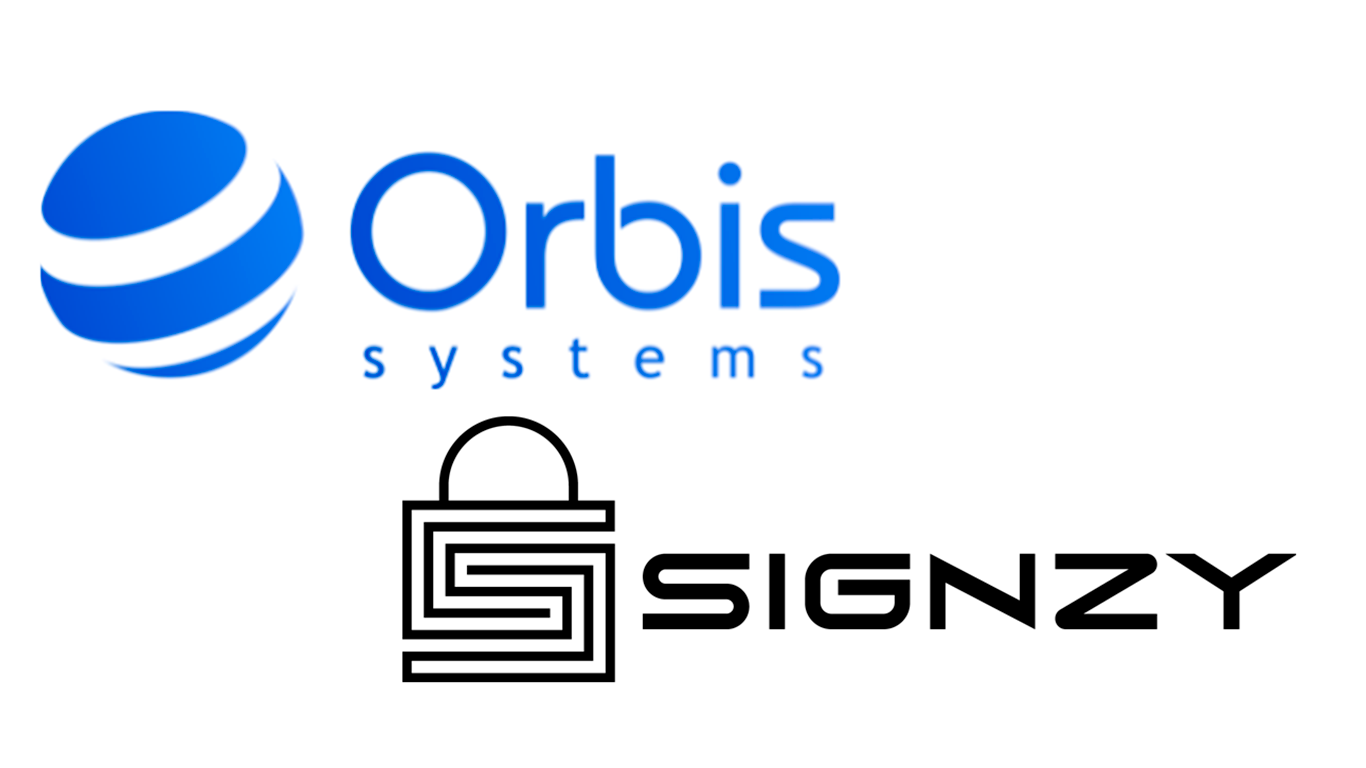
US based Orbis Systems which provides turnkey API and technology stack for global brokerages, fintechs and financial institutions has partnered with banking workflow automation platform Signzy to automate customer onboarding. Orbis will leverage Signzy’s AI powered onboarding suite to offer identity verification services for Indian and global customers.
Signzy’s onboarding suite powers banks, financial institutions and fintechs in more than 180 countries with 10 million onboardings a month. Signzy’s identity authentication automates the verification process and helps businesses reduce turnaround time in onboarding by 90 percent, while meeting AML and KYC legislation, and improving fraud detection.
Johanna Wallengren, CFE, Operations Manager, ViewTrade Securities said, “By implementing Signzy’s solution we have automated our entire workflow. We are able to provide a seamless and hassle free experience to our customers by implementing identity verification services directly through government data.”
She added, “Signzy is an amazing partner for our compliance needs globally, as ViewTrade always seeks to do very thorough background checks in order to protect our company against fraud and complies with all the regulatory KYC and AML rules in our industry.”
Orbis has over 20 years of experience in bringing digital transformation across global financial markets through tech driven solutions in trading.
Signzy Co-founder and Chief Business Officer Arpit Ratan said, “Orbis has a legacy of bringing tech transformation to global financial firms. We are excited to bring the next level of digital transformation in customer onboarding for fintechs and financials firms across the United States. Orbis Systems is a perfect partner for Signzy in our global expansion.”
Through its partnership with Signzy, Orbis is able to offer local identity checks for Indian residents, as well as global checks. Orbis will leverage Signzy’s advanced onboarding technology to confirm the authenticity of a wide range of government-issued ID, including Driver’s License, Passport, Visa, and other official documents.
Related News
- 08:00 am
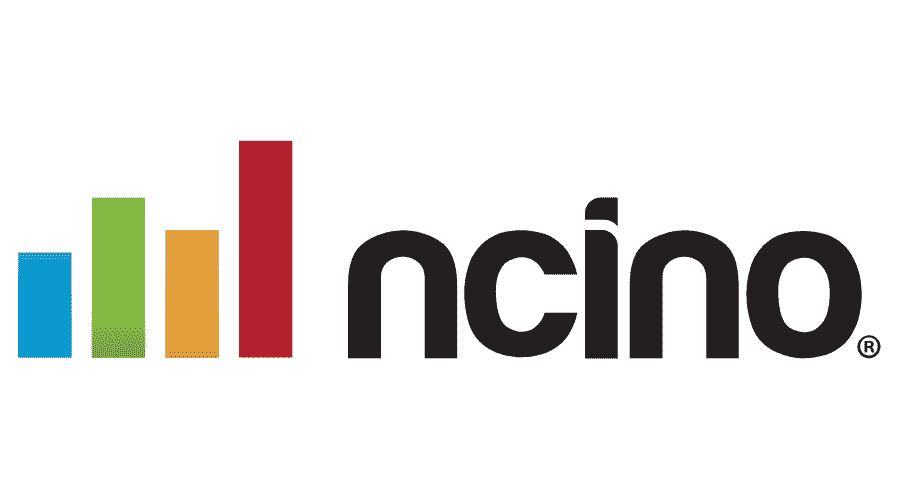
Challenger bank utilising the nCino Bank Operating System® to bring easier access to funding to SME property developers
nCino, Inc. a pioneer in cloud banking and digital transformation solutions for the global financial services industry, today announced that ‘champion for the North’ challenger bank GBB is live on the nCino Bank Operating System®.
GBB, which is currently in the process of gaining a banking license, will use nCino’s cloud-based commercial lending platform to process loans covering residential and commercial development, development exit finance, and SME secured loans to meet the specific needs of its clients – initially underserved SME property developers in the North of England.
“GBB is determined to be a powerful force in providing access to financing and to make a positive impact on property development in Britain,” said Steve Lancaster, Chief Information Officer, at GBB. “nCino’s cloud-based lending platform is the foundation of our technology ecosystem and intuitive to our needs, allowing us to customize workflow and drive efficiency. We believe nCino offers a forward-looking solution that can grow with us for the long-term and further our mission.”
GBB is a property development finance specialist with deep expertise in SME lending and locally-based, technology-enabled relationship managers dedicated to client needs. By implementing nCino, GBB has eschewed more traditional workflows to increase speed, efficiency, and customer delight and taken a pragmatic approach that makes the lending process more accessible to SMEs in traditionally under-served regions across the north of the UK.
“We are excited to be providing GBB with not just a scalable solution that helps them meet regulatory requirements, but also an end-to-end lending platform with the ability to create a holistic view of all its SME clients to serve them more efficiently,” said Jonathan Annis, Area Vice President - UKI at nCino.
“GBB and its leadership understand that best-of-breed technology enhances the client and employee experience which in turn creates fast and meaningful business value and improves access to funding for SMEs. We’re very happy to be on this journey with them.”
Related News
- 05:00 am
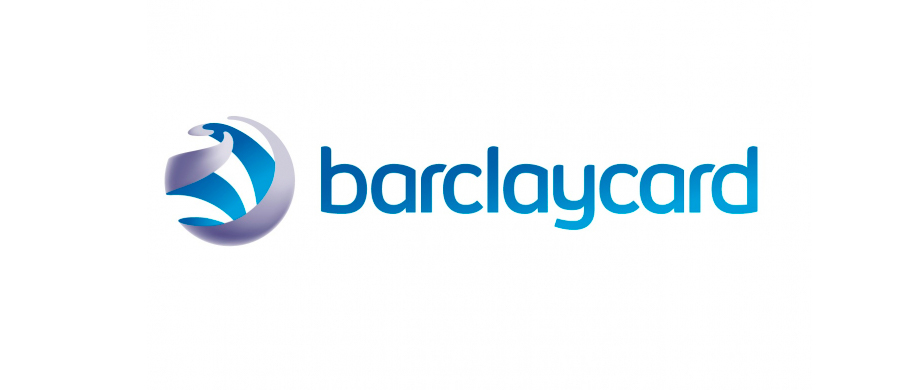
- The integration between Barclaycard’s Smartpay gateway and SAP’s Upscale Commerce platform will widen payment acceptance for SAP’s customers
- This will allow more businesses to optimise their online payments process, improve customer experience and take advantage of Barclaycard’s anti-fraud capabilities
- The launch also introduces virtual cards and enables integrated options through SAP Ariba and SAP ERP
- It enables corporate businesses to pay suppliers more quickly with the added benefit of extending payments terms to unlock further working capital
Barclaycard Payments, which processes almost £1 in every £3 spent in the UK, has extended its relationship with SAP by integrating its Smartpay gateway into SAP’s Upscale commerce platform, and enhancing the procure-to-pay services available through SAP Ariba.
From today, any business signed up to SAP Upscale Commerce will be able to access Barclaycard Smartpay and take advantage of benefits including a frictionless customer experience and bolstered fraud defences.
SAP Upscale Commerce is a software-as-a-service (SaaS) commerce solution popular with mid-size, direct-to-consumer businesses. The platform is designed for mobile, providing users with a seamless experience across a wide range of devices. Integration with Smartpay will enable customers to convert more business online by removing friction from the payment process.
In addition, Barclaycard Payments is now offering virtual card services to businesses using SAP Ariba or SAP ERP software, giving them a simple end-to-end procure to pay experience. As a result, users will be able to minimise late payments to their suppliers and take advantage of early payment discounts. Using Barclaycard’s virtual cards on the platform will also enable SAP Ariba customers to have better control over ad-hoc purchasing and help unlock working capital, through extended payment terms.
The developments are the latest additions to the partnership between Barclaycard Payments and SAP, two industry leaders. Previous collaborations have seen Barclaycard’s business-to-business payment solution, Precisionpay Bank Transfer, incorporated into the SAP Ariba Network and Barclaycard’s gateway product, Smartpay, integrated with SAP Commerce Cloud, the omni-channel commerce platform for larger retailers.
Nicole Olbe, MD of Barclaycard Payments Partnerships, said: “Since launching the UK’s first corporate credit card over 50 years ago, Barclaycard has been pushing the boundaries to create payment solutions that help our clients grow. Over the last eighteen months the pandemic and a changing consumer landscape have impacted the way businesses want to make and take payments. Our ever-evolving partnership with SAP is a result of listening to our customers and clients and making sure we are providing them with the tools and capabilities to thrive under challenging circumstances.
“We have made significant changes throughout the last year to support all our customers, but know there will always be more work to be done. As we continue to strive to support our customers – partnering with the best in class to offer an integrated approach to payments across a wide range of industries is crucial to success.”
Michiel Verhoeven, Managing Director UK and Ireland, SAP, commented: “We’ve had a successful partnership with Barclaycard for a number of years and during this time we have seen an explosion of e-commerce, with the payment market evolving as result. I’m proud of the strong relationship we have forged in support of our customers, who continue to challenge us to provide new ways to accept payments as well as make payments to their suppliers.”
Related News
- 02:00 am

● Orgnostic raises a $5M Seed round, only eight months after product launch
● The round was led by Earlybird Venture Capital, and included participation from Script Capital, and angel investors including Eric Reis (Lean Startup), Rony Kahan (Indeed.com), and Charlie Songhurst (CSO of Microsoft)
● The company will use the funding to dramatically accelerate platform development
Orgnostic, a people analytics platform helping fast-growing companies to democratise people analytics, has raised $5 million.
The seed round was led by Earlybird Digital East, and includes participation from a roster of impressive investors, including Script Capital and angel investors including Eric Ries and Tiho Bajic of Lean Startup and LTSE, Rony Kahan of Indeed, and Charlie Songhurst of Microsoft. This is in addition to previous investment from South Central Ventures.
In recent years, a huge number of different tools have been made available to HR professionals each focusing on different elements of the people management stack. Orgnostic’s solution not only unifies these previously disparate HR tools, but also ingests data at record speed, enabling quick trails, better data quality, and the ability to connect operational data with employee experience. When this is combined, people management teams are provided with access to far superior quantitative and qualitative insights on their organisations.
Orgnostic maps various sources and types of HR and financial data to a single data-model, allowing for immediate integration and insights capabilities. Right now, Orgnostic is the only tool on the market that facilitates both data aggregation and new data generation. Specifically, Orgnostic enables HR teams to centralise the distribution of employee surveys, and aggregates the response data with systems data in a single place. These new insights can highlight important organisational trends to help reduce attrition, improve time-to-hire and quality of hire, enhance and promote diversity, as well as improve overall employee wellness.
According to Luka Babic, founder of Orgnostic, “Scale-ups and hyper-growth companies move at an extremely fast pace; first-time managers make crucial organisational decisions while their HR teams operate at the absolute limit of their capacities. The pressure of time, the changing nature of work accelerated by COVID, combined with a lack of experience, information, and proper insights means these companies tend to accrue organisational debt – an accumulation of all the decisions and changes their leaders should have made but didn’t.
“As a result of this debt, an organisation’s effectiveness can suffer, its culture can be compromised, and good employees will ultimately leave. But providing chief people officers and HR teams and managers with the right information at the right time can help minimise the number of bad decisions, and reduce the level of organisational debt that can so often be a company killer.”
Orgnostic has streamlined the data ingestion process and reduced the time to insight from multiple HR sources from six weeks to only three hours. It creates a seamless data workflow between separate HR tools like BambooHR, Lever, Lattice, Betterworks, Personio, Bob, Greenhouse, Teamtailor, Recruitee, Workable, Timetastic, and many more. This makes Orgnostic the first true SaaS product of its kind, making it capable of democratising people analytics and becoming available for thousands of companies worldwide.
Orgnostic is well-positioned to take advantage of the core Human Resources software market which is estimated to be well over $15B+, growing 10%+ each year. The company’s thesis predicts that the overwhelming volume of HR data enabled by the lower barrier to entry will create a powerful network effect, and help to guide and accelerate team productivity and effectiveness - leading to a healthier, happier and more productive organisation.
The company will use the additional funding to further develop its platform, with the goals of launching a self-service platform; further enriching its insight and industry benchmarking; and to raise further awareness in the HR community.
Luka Babic comments, “Our platform presents the opportunity for a great number of companies to automate their HR reporting, saving time and expense on behalf of the business, and delivering previously unknown insights. Capturing scattered and often hidden organisational data, and transforming it into knowledge, is at the foundation of change within the leadership and, consequently, the organisation as a whole. The Seed fund will allow us to make a flawless onboarding experience for our customers, making the prospect of integrating disparate platforms more manageable and appealing to a vast number of businesses.”
Mehmet Atici, Partner of Earlybird Venture Capital says, “HR has been a latecomer to the digital transformation wave that took over enterprises over the last decade. But lately, we see a proliferation of modern tools and increasing awareness of data-driven approaches in HR. Orgnostic provides HR leaders critical organizational insights extracted from the vast amount of people data locked away in silos. By combining their extensive knowledge and experience of HR and data science, Luka, Igor and their team have identified an important gap in HR-tech, and we are excited to support them on their mission.”
The company was founded by Luka Babic and Igor Bogicevic. Prior to starting Orgnostic, CEO Luka Babic was an award winning HR manager, a member of the management board and the Head of People operations at Infobip, enabling its growth from the startup stage to unicorn status. CTO Igor Bogicevic was previously the Co-founder and CTO of Seven Bridges Genomics, an industry leader in the domain of biomedical data analysis that had raised over $100m and was named as one of the 50 smartest companies by MIT Tech Review.
Related News
- 02:00 am

- Mastercard’s Center for Inclusive Growth forms the Strive Learning Network, a coalition of individuals and organisations to work together to support small businesses.
- Strive UK is a programme to help small businesses build financial resilience and improve growth prospects over the next three years and beyond, by developing the digital skills they need to thrive.
- Research finds £827 billion growth opportunity for UK’s small businesses who can digitise in the next five years.
Today, Mastercard’s Center for Inclusive Growth launches the Strive Learning Network as part of its new micro and small business flagship programme, Strive UK, that launched in late September.
In partnership with Be the Business, Digital Boost and Enterprise Nation, Strive UK will support 650,000 British micro and small enterprises (MSEs), with a particular focus on businesses owned by women and those from ethnic minority backgrounds, to thrive in the digital economy. Over the next three years and beyond, Strive UK will provide small business owners with access to free guidance, helpful tools, and personalised, one-to-one mentoring.
This follows a new Mastercard report - ‘Striving to Thrive: The state of play for UK micro and small businesses’ from the Centre for Economics and Business Research (Cebr), which exposed a significant risk that the UK’s small and micro businesses will miss out on an estimated £827 billion growth opportunity over the next five years if they are not supported to digitise.
The report showed technology has already played a critical role in supporting small businesses through the pandemic, with 41% of small business owners saying their company would not have survived without digital tools. Despite this, data shows that challenges remain for small businesses looking to integrate digital tools, with 32% wanting to use more digital tools but unsure which ones would be best for their business.
In an effort to facilitate more learning and collaboration in the entrepreneurial support ecosystem, and therefore ensure businesses have the tools they need to succeed, Mastercard has convened the Strive Learning Network. It is a coalition made up of individuals and organisations that have a focus on supporting small businesses including global corporates, fintechs, academic institutions, policymakers, and professional bodies. The inaugural meeting will be attended by representatives from organisations including Google.org, BT, Vodafone, PayPal, Aviva, Santander, Natwest, British Chambers of Commerce and the CBI.
Mastercard, together with Enterprise Nation, will host quarterly roundtables for the network to share learnings and insights into the most effective ways to support micro and small businesses. These forums will be used to co-create new partnerships that will further the entrepreneurial ecosystem and problem solve the enduring challenges and opportunities facing micro and small business such as access to finance, inclusive digitisation, sustainability, time poverty and open banking.
Kelly Devine, President, UK & Ireland, Mastercard, comments: “Small businesses are the backbone of the UK economy and will be crucial to building a more inclusive economy in the post-pandemic recovery. We formed Strive UK to ensure the small businesses that are so crucial to our communities, high streets and economies not only survive but thrive, by equipping them with the digital tools and skills necessary to grow their businesses. The Strive Learning Network will convene organisations and policymakers to support and promote collaboration across the small business ecosystem, including partnering with local communities to ensure the impact of Strive UK is deep and long-lasting.”
Strive UK has launched as part of a wider Strive global initiative which also includes Strive Community, a partnership-led programme focussed on supporting the resilience and growth of more than five million micro and small businesses across the world. With philanthropic funding from the Mastercard Impact Fund, the programme will support small businesses globally as they recover from the impact of the pandemic.
Related News
- 02:00 am

· Early fintech champion, Ahsan Raza, formerly Managing Director and Co-head of the Technology Investment Banking Coverage team for Barclays in EMEA, appointed as CFO
· Varun Atre appointed Head of Product from the previous role as Associate Partner at McKinsey & Company, bringing his experience in technology and financial services
· Paul Elflain appointed to new Head of DMI Sales role, brings over 25 years of experience in fintech and financial services, including most recently at Linedata
Calastone, the largest global funds network, today announces three strategic hires to support the next stage of its growth and its mission to digitalise the investment funds market. Calastone has appointed early fintech champion and experienced banker Ahsan Raza as CFO; former McKinsey and Company Associate Partner Varun Atre as Head of Product, and leading technology executive Paul Elflain as Head of DMI Sales. Each of these hires brings vast experience in financial services, fintech, and technology, to support Calastone in the next stage of its growth, as it continues to expand its leadership providing technology solutions to global funds organisations.
About the new strategic hires, Julien Hammerson, Chief Executive Officer at Calastone said, “The funds industry is facing pressure to innovate and digitally transform with an increasing need to provide better experience and value to investors. We aim to support the industry through its digital transformation by combining the best technology with the connectivity of our global network. I’m thrilled to welcome the exceptional talent and experience that Ahsan, Varun and Paul bring to help us deliver on this mission.”
Ahsan Raza joins Calastone’s senior leadership team as CFO. Ahsan brings over 15 years of experience in working with institutional clients in the financial technology, market infrastructure and asset management sectors.
Ahsan was an early fintech champion, being one of the first bankers to start building dedicated fin tech coverage in Europe and has had particular success in the fund distribution and WealthTech space. Before joining Calastone, Ahsan was a Managing Director and Co-head of the Technology Investment Banking Coverage team for Barclays in EMEA. In his new role as CFO Ahsan is responsible for managing all financial and strategic activities of the business.
Ahsan Raza, Chief Financial Officer at Calastone said, “I’m delighted to join Calastone, a company that I’ve both advised and admired for a number of years. Calastone is truly leading the industry in helping solve challenges for fund managers and distributors using technology and I’m excited to be working with Julien and the rest of the team on the next phase of its growth journey”.
Varun Atre joins Calastone as Head of Product, in which role he will oversee the continued innovation of Calastone’s product offering. Varun brings with him over 15 years of experience in technology and financial services. Prior to Calastone, Varun was an Associate Partner in McKinsey & Company’s London office, where he helped guide a range of technology and financial services clients define product and go-to-market strategies.
Varun Atre, Head of Product at Calastone said, “Calastone’s drive towards constant innovation in product and services makes it an energising and exciting place to join. Calastone is providing the fund management sector with vital and much-needed digitalisation to meet investors’ and fund managers’ evolving needs. I’m pleased to be joining a company that is not only at the cutting edge in its field but is also constantly pushing to innovate even further.”
Paul Elflain joins Calastone in a newly created role as Head of DMI Sales, bringing his over 25 years’ experience in fintech and capital markets to drive Calastone’s industry leading DMI Fund Services solution forward. Paul brings experience in leadership roles at global technology firms including Linedata, FIS Global and DTCC Omgeo.
Paul Elflain, Head of DMI Sales at Calastone said, “I’ve been closely connected to fintech and the funds industry throughout my career, and I can say that Calastone and our DMI Fund Services offering is truly unique. Our services provide for the first time a fully digital, real-time infrastructure for the entire funds industry to operate on, which is an exciting and much-needed innovation. I’m excited to be part of that mission to digitalise.”
Related News
- 07:00 am

SEON, the fraud fighters, is strengthening its mission to eradicate online fraud as it today updated its fraud detection solution with new capabilities that will increase its ability to detect fraud while decreasing false positives from legitimate customers.
The new update is based on careful analysis by SEON’s data science team. The in-house fraud experts found patterns that point to specific settings being used for fraud attempts, and by flagging these settings have improved SEON’s accuracy with risk scores.
Fraud is continually evolving, and with fraudsters becoming increasingly professional and creating their own ‘fraud as a service’ software that anyone can use, it is more important than ever that anti-fraud companies like SEON are able to discover patterns in the data that is generated from the millions of transactions that pass through the company’s AI-enabled tools.
SEON’s solution was already able to create risk profiles from 500 different parameters, and this update significantly increases its capabilities, preventing more fraud attempts before they happen and decreasing the likelihood that legitimate transactions are flagged as fraud. Device fingerprinting is a powerful tool when countering fraud, as fraudsters will rarely if ever use ‘normal’ setups - they will want to both hide their identity and have automated systems carry out multiple fraud attempts at once, so they won’t access the sites they target through a standard device, browsing environment or web browser. They also tend to use proxies or VPNs.
By detecting unusual setups, SEON is able to give more precise risk scores to each customer or transaction. The results will be shared in an open way with users so that they will know exactly what has caused a rejection and can update their custom rules to best suit the unique challenges of their industry.
SEON’s fraud detection solution also detects burner phones, virtual numbers, disposable phone numbers and identifies even more carriers and networks to prevent false positives. It is almost trivially easy to generate a realistic-looking phone number - there are sites that will allow you to do so that can be found through a Google search rather than the depths of the dark web, and temporary phone numbers are also available. Fake phone numbers are used to cheat existing fraud prevention solutions, hence why SEON has added this to its arsenal of fraud detection features. Similarly, SEON proactively tracks suspicious IP addresses that have been found to be associated with SSH brute force attacks, hacking attempts, malicious IPs, Postfix/IMAP scans, Telnet scans, and spam hosts to further increase the ability of the tools to detect fraudulent activity.
This solution can also detect new, sophisticated threats like the ERMAC trojan, which spreads over phones using the Android operating system and can potentially compromise bank accounts. New malware-as-a-service threats like ERMAC are being developed every day, but even the most well-made malware leaves fingerprints that we can detect.
The update will be available to all current SEON users, as well as all new SEON users. It is the latest in a string of updates, new features and new integrations that SEON have offered over the past year, which includes everything from simplifying GDPR compliance to an app for the hugely popular Shopify online store.
Jimmy Fong, Chief Commercial Officer at SEON, said: “We openly share our new findings on fraud behaviour patterns because this transparent way we display our risk scoring decisions also helps customers learn how to best protect themselves. Creating awareness and sharing knowledge on new ways to detect fraud brings us all one step closer to creating a safer digital environment for every business.”
SEON is on a mission to eradicate fraud by making it hard for fraudsters to beat the system. To learn more about the update, visit: https://seon.io/resources/news/device-scoring-with-dynamic-component/To. Visit https://seon.io/ to learn more about the products and services that SEON provide.
Related News
- 02:00 am

· Launched in June 2020, Zopa bank is one of the UK’s newest digital banks, built on its unique legacy as the world’s first Peer-to-Peer lender
· It meets customer needs by focusing on how they borrow and save, the two things with the most impact on consumer finances
· Latest financing is a clear validation of Zopa’s sustainable lending model and of its strong unit economics
· The bank is set to hit profitability within 10 weeks, making it one of fastest digital banks in the UK to do so just 18 months after acquiring its banking licence
Digital bank Zopa has raised $300m (£220m) to drive its next phase of growth, supporting its plan to become the strongest performing digital bank for savings and lending in the UK.
The round was led by Softbank Vision Fund 2, with participation from Chimera Abu Dhabi. The round was further supported by existing investors IAG Silverstripe, Davidson Kempner Capital Management LP, NorthZone, and Augmentum Fintech.
The deal is currently pending regulatory approvals from the PRA and the FCA.
Zopa’s latest financing was announced at the Global Investment Summit (GIS) 2021, a one-day event hosted in London by the Prime Minister and attended by members of the Royal Family, aimed at attracting billions in foreign investment to every part of the country.
The funding will be used to meet the capital requirements of Zopa bank’s rapidly growing balance sheet. Recent growth has been fuelled by the continued expansion of Zopa’s suite of digital-first financial products and has attracted some of the smartest and brightest talent from across the industry.
Zopa’s most exciting innovations will enable users to improve their financial health, gain access to better priced credit, access saving products based on individual preferences towards interest and flexibility, and to transfer card balances in a way that helps pay down credit, faster.
Its recent partnership with ClearScore offers a Zopa pre-approved credit card to users who may have previously been declined credit products, while its integration with CreditLadder makes it possible for renters with thin files to improve their credit score by reporting their rental payments.
Jaidev Janardana, CEO at Zopa said: “In a very crowded ecosystem that often focuses on current accounts or other free money management offerings, Zopa meets customer needs by focusing on how they borrow and save, the two things that have most impact on their finances.”
“Softbank Vision Fund 2’s investment into our future is a clear validation of Zopa’s responsible, sustainable and profitable approach to lending, our strong unit economics, and our vision to build the UK’s strongest performing bank with the most happy customers."
Sourav Sen, investor for SoftBank Investor Advisers added: “We believe Zopa’s fast-growing market penetration reflects high customer demand for adaptable financial services within a usable platform that can be customized to their specific needs. Zopa is fast emerging as a leading player in the UK’s nascent neo banking sector and we are proud to partner with Jaidev and the team on this journey.”
Minister for Investment Gerry Grimstone added: "Softbank's investment in Zopa's digital banking platform is a testament to the UK's enduring strength as a global hub for investment, built on our competitive economy, cutting-edge innovation and world-leading capability across areas like science, services, and research and innovation. The Global Investment Summit will demonstrate how we can use inward investment to nurture technological developments and propel our economy towards a more prosperous, exciting future.”
Zopa bank draws on the best of both digital and legacy banks - combining its strong digital capabilities to 16 years of lending returns and £6 billion funds in personal loans approved.
In contrast to fintechs and e-money institutions, Zopa is a “real” bank.
It acquired its banking license last year and is regulated by the FCA and the PRA. A banking license means that Zopa is held to the same standards as major high street banks in terms of how customers are safeguarded. For example, its deposits are protected by the Financial Services Compensation Scheme (FSCS) up to £85,000.
Since the launch of the bank in June 2020, Zopa has attracted £675m in deposits for its fixed savings accounts, issued 150,000 of its British Bank Award-winning credit cards becoming a top 10 credit card issuer, and more than doubled revenue per customer.
J.P. Morgan acted as Sole Placement Agent for Zopa on this transaction.

